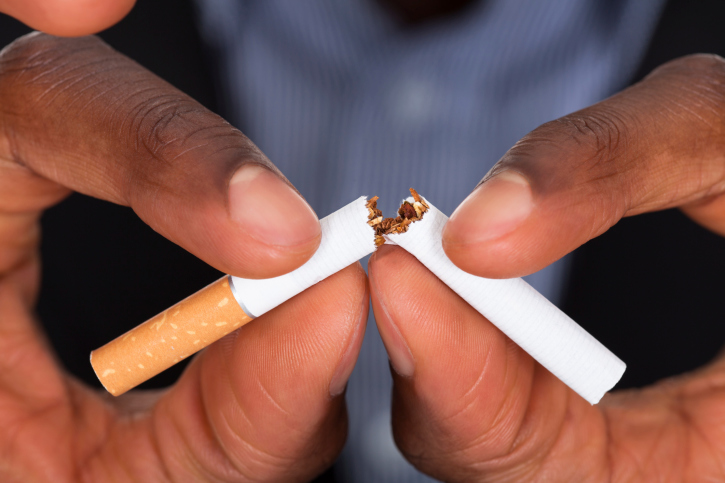As a smoker, is my risk of getting the COVID-19 virus higher than that of a non-smoker?
At the time of preparing this Q&A, there are no peer-reviewed studies that have evaluated the risk of SARS-CoV-2 infection associated with smoking. However, tobacco smokers (cigarettes, waterpipes, bidis, cigars, heated tobacco products) may be more vulnerable to contracting COVID-19, as the act of smoking involves contact of fingers (and possibly contaminated cigarettes) with the lips, which increases the possibility of transmission of viruses from hand to mouth. Smoking waterpipes, also known as shisha or hookah, often involves the sharing of mouth pieces and hoses, which could facilitate the transmission of the COVID-19 virus in communal and social settings.
As a smoker, am I likely to get more severe symptoms if infected?
Smoking any kind of tobacco reduces lung capacity and increases the risk of many respiratory infections and can increase the severity of respiratory diseases. COVID-19 is an infectious disease that primarily attacks the lungs. Smoking impairs lung function making it harder for the body to fight off coronaviruses and other respiratory diseases. Available research suggests that smokers are at higher risk of developing severe COVID-19 outcomes and death.
What does WHO recommend for tobacco users?
Given the risks to health that tobacco use causes, WHO recommends quitting tobacco use. Quitting will help your lungs and heart to work better from the moment you stop. Within 20 minutes of quitting, elevated heart rate and blood pressure drop. After 12 hours, the carbon monoxide level in the bloodstream drops to normal. Within 2-12 weeks, circulation improves and lung function increases. After 1-9 months, coughing and shortness of breath decrease. Quitting will help to protect your loved ones, especially children, from exposure to second-hand smoke.
Does nicotine use affect my chances in the context of COVID-19?
There is currently insufficient information to confirm any link between tobacco or nicotine in the prevention or treatment of COVID-19. WHO urges researchers, scientists and the media to be cautious about amplifying unproven claims that tobacco or nicotine could reduce the risk of COVID-19. WHO is constantly evaluating new research, including that which examines the link between tobacco use, nicotine use, and COVID-19.

